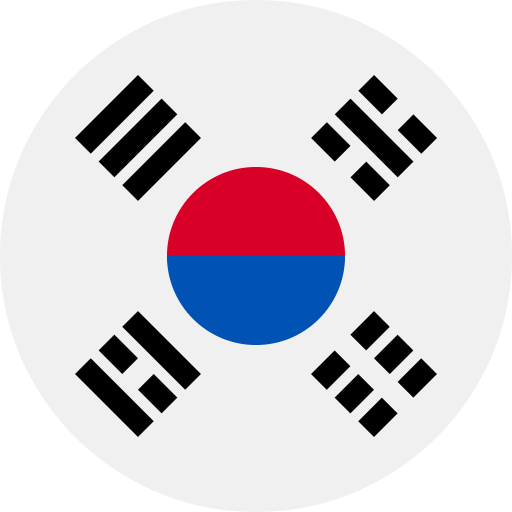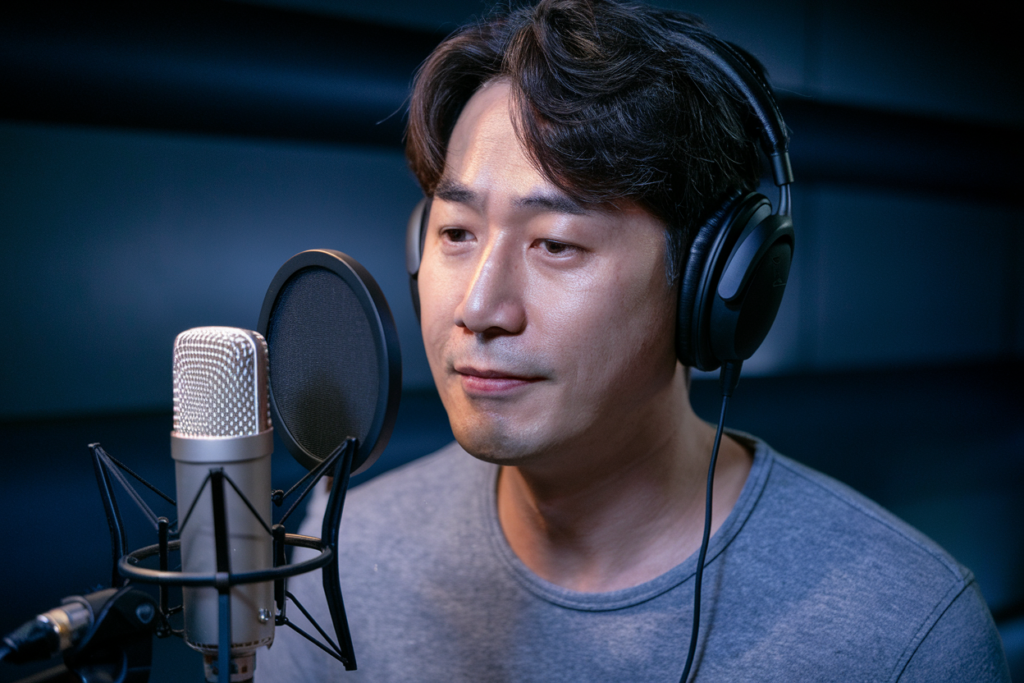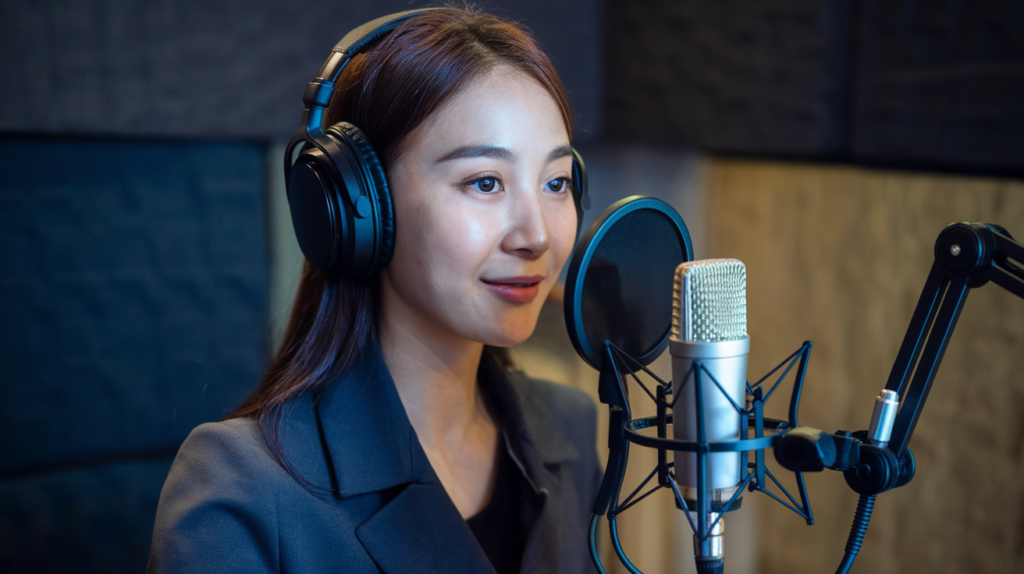Key Takeaways
- Unique Dialect: Jeju Korean is a distinct dialect spoken exclusively on Jeju Island, characterized by unique vocabulary, pronunciation, and expressions that reflect the island’s cultural identity.
- Cultural Reflection: The dialect incorporates terms related to local industries like agriculture and fishing, showcasing the deep-rooted traditions and lifestyle of Jeju residents.
- Melodic Speech Patterns: Jeju Korean features a musical quality in its intonation and pronunciation, which enhances storytelling and emotional expression among speakers.
- Historical Influences: The development of Jeju Korean has been shaped by historical events and geographical isolation, leading to variations in grammar and language use compared to standard Korean.
- Modern Adaptations: Despite globalization introducing new vocabularies, locals maintain traditional expressions while adapting their language for contemporary contexts through social media.
- Community Bonding: Language serves as a medium for nurturing relationships within the community, preserving cultural heritage while celebrating shared experiences among residents.
Have you ever wondered what makes Jeju Korean so distinct? Nestled in the heart of South Korea, Jeju Island boasts a rich cultural tapestry that sets its dialect apart from standard Korean. This unique language isn’t just about words; it’s a reflection of the island’s history, geography, and vibrant local traditions.
From its playful expressions to its melodic intonations, Jeju Korean offers a glimpse into the lives of its speakers. You’ll discover how this dialect captures the essence of island life and connects generations through shared stories and experiences. If you’re curious about what makes Jeju Korean truly one-of-a-kind, you’re in for an enlightening journey that goes beyond mere language—it’s a celebration of identity and community.
Overview of Jeju Korean
Jeju Korean represents a fascinating dialect spoken exclusively on Jeju Island. This unique language distinguishes itself from standard Korean through its vocabulary, pronunciation, and expressions. It incorporates elements influenced by the island’s history and geographical isolation.
Jeju Korean features playful expressions that often evoke vivid imagery, allowing speakers to convey emotions effectively. The melodic intonations add a musical quality to conversations, enhancing the overall experience for both speakers and listeners.
The dialect also includes words and phrases that reflect local traditions and customs. For instance, specific terms related to agriculture or fishing highlight the island’s reliance on these industries. By using such terminology, Jeju Koreans reinforce their cultural identity while fostering connections among community members.
In addition to its linguistic traits, Jeju Korean encapsulates the essence of island life. It serves as a medium for storytelling that captures shared experiences among residents. As you engage with this dialect, you’ll discover how it nurtures relationships and preserves cultural heritage in an ever-evolving world.
Distinctive Linguistic Features
Jeju Korean stands out with its unique characteristics, reflecting the island’s culture and history. Its distinctive features include notable vocabulary variations and pronunciation differences.
Vocabulary Variations
Jeju Korean contains many words not found in standard Korean, showcasing the island’s cultural identity. Terms related to local agriculture, fishing, and traditional practices enrich everyday conversations. For example, „haenyeo“ refers to female divers who gather seafood using traditional methods. Such specific terms highlight Jeju’s reliance on its natural resources and deep connection to local customs. Additionally, playful expressions often emerge from the dialect, enhancing communication among residents.
Pronunciation Differences
Pronunciation plays a significant role in distinguishing Jeju Korean from standard Korean. You’ll notice a melodic quality in the speech patterns that reflects the island’s ambiance. Vowels may sound different; for instance, some sounds might be elongated or softened compared to their counterparts in standard Korean. This variation creates a unique rhythm that adds charm to conversations among speakers. The intonation also contributes to conveying emotions effectively, allowing for richer storytelling that resonates with listeners deeply connected to their culture.
Each of these distinctive linguistic features showcases how Jeju Korean encapsulates the essence of life on the island while fostering strong community bonds through shared language experiences.
Cultural Influences on Jeju Korean
Jeju Korean reflects a unique blend of cultural influences shaped by the island’s history and traditions. This dialect showcases how local customs and practices intertwine with language, creating a rich tapestry of expression.
Historical Context
Historical events significantly impacted Jeju Korean’s development. The island’s geographical isolation fostered distinct linguistic traits, allowing Jeju’s inhabitants to cultivate their own vocabulary and expressions over centuries. For instance, terms related to fishing and agriculture emerged due to the island’s reliance on these industries. Words like „haenyeo,“ referring to female divers, highlight the role of local customs in shaping language. Additionally, various migrations and interactions with traders influenced dialect features, contributing to its uniqueness.
Contemporary Impacts
Modern influences continue to shape Jeju Korean while preserving its heritage. Globalization introduces new vocabularies, but locals maintain traditional expressions within daily conversations. Social media facilitates cultural exchange, allowing younger generations to share stories that intertwine modernity with tradition. This dynamic interplay fosters pride among speakers who embrace their identity through language while adapting it for contemporary use.
Understanding these cultural influences enriches your appreciation for Jeju Korean as more than just a dialect; it’s a living embodiment of the island’s spirit and community connections.
Comparison with Standard Korean
Jeju Korean stands out distinctly from standard Korean in several ways. These differences manifest in grammar, vocabulary, and daily usage among speakers.
Grammatical Discrepancies
Grammatical structures in Jeju Korean differ notably from those in standard Korean. For instance, verb endings often change, leading to variations in tense and politeness levels. While standard Korean uses the suffix „-습니다“ for formal speech, Jeju speakers may opt for a more casual tone by using simpler forms. This flexibility allows locals to express themselves uniquely while maintaining their cultural identity.
Usage in Daily Life
Daily conversations reveal how Jeju Korean thrives within the community. Locals frequently use distinct expressions that reflect island life, such as „mureubda,“ meaning to gather or collect something—a term rooted deeply in the island’s agricultural practices. You’ll notice these unique phrases peppering everyday interactions at markets or during festivals.
Moreover, when you listen closely to the rhythm and intonation of Jeju speakers, it becomes clear that their melodic style enhances storytelling and connection among individuals. In this way, language not only conveys information but also fosters relationships through shared experiences encapsulated within local dialect.
Understanding these linguistic nuances enriches appreciation for Jeju Korean as a vibrant expression of culture and community life on the island.
Conclusion
Jeju Korean stands out as a vibrant expression of the island’s rich heritage and community bonds. Its unique vocabulary and melodic pronunciation not only reflect local traditions but also build connections among speakers. By embracing this dialect, you’re engaging with a living testament to Jeju’s history and culture.
As globalization influences language, it’s crucial to preserve the essence of Jeju Korean. Each conversation is an opportunity to celebrate your identity while honoring the customs that define your community. Understanding and appreciating Jeju Korean helps ensure that its distinctive charm continues to thrive in an ever-changing world.
Frequently Asked Questions
What is Jeju Korean?
Jeju Korean is a distinct dialect spoken on Jeju Island in South Korea. It features unique vocabulary, pronunciation, and expressions shaped by the island’s history and geography.
How does Jeju Korean differ from standard Korean?
Jeju Korean differs mainly in vocabulary and grammar. It includes terms related to local practices, like „haenyeo,“ and has different verb endings that affect tense and politeness.
Why is Jeju Korean important culturally?
Jeju Korean reflects the island’s rich heritage, connecting speakers through shared stories and experiences. It embodies local customs, agricultural traditions, and community identity.
What are some unique features of Jeju Korean?
Unique features include playful expressions, melodic intonation, and specific agricultural terms. These elements enhance storytelling and communication among speakers.
How has globalization affected Jeju Korean?
Globalization introduces new vocabulary into Jeju Korean while locals continue to preserve traditional expressions. This blend promotes cultural pride among speakers as they adapt their language for modern use.







